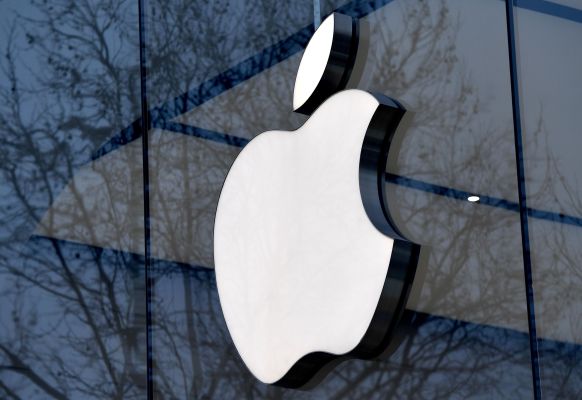Apple has won its antitrust-focused appeals court battle with Fortnite maker Epic Games over its App Store policies, according to the opinion issued today by the U.S. Ninth Circuit Court of Appeals. The court largely upheld the district court’s earlier ruling related to Epic Games’ antitrust claims in favor of Apple, but it also upheld the lower court’s judgment in favor of Epic under California’s Unfair Competition Law.
The mobile game maker had hoped to prove in its appeal that Apple had acted unlawfully by restricting app distribution on iOS devices to Apple’s App Store which required payments to go through its own processor while preventing developers from communicating to customers about alternative ways to pay.
The court’s ruling was first reported by Bloomberg.
Apple has issued the following statement:
Today’s decision reaffirms Apple’s resounding victory in this case, with nine of ten claims having been decided in Apple’s favor. For the second time in two years, a federal court has ruled that Apple abides by antitrust laws at the state and federal levels. The App Store continues to promote competition, drive innovation, and expand opportunity, and we’re proud of its profound contributions to both users and developers around the world. We respectfully disagree with the court’s ruling on the one remaining claim under state law and are considering further review.
The ruling is a major setback for Epic Games and other developers who hoped the ruling could set precedent for further antitrust claims and require Apple to open iOS devices to third-party app stores and payment systems.
Epic originally sued Apple in 2020, after forcing Apple to remove Fortnite from the App Store after it intentionally violated the App Store terms over in-app purchases. Though Apple had largely won the lawsuit when the judge declared Apple was not acting as a monopolist, the court sided with the Fortnite maker on the matter of Apple’s anti-steering policies regarding restrictions on in-app purchases. It said that Apple would no longer be able to prohibit developers from pointing users to other means of payment.
Both Apple and Epic appealed the ruling — Apple over the required changes to App Store policies related to external links and Epic to try its antitrust case again.
In today’s decision, the appeals court panel affirmed the district court’s denial of antitrust liability and its corresponding rejection of Epic’s illegality defense to Apple’s breach of contract counter-claim, the ruling said. However, it also noted that the district court had erred in defining the relevant antitrust market and in holding that Apple’s DPLA (Developer Program Licensing Agreement) fell outside of the scope of the antitrust law known as the Sherman Act.
But it said those errors were ultimately “harmless” and that Epic, regardless, had “failed to establish, as a factual matter, its proposed market definition and the existence of any substantially less restrictive alternative means for Apple to accomplish the procompetitive justifications supporting iOS’s walled- garden ecosystem.”
In other words, while these types of contracts can be within the scope of a Sherman Act claim, that wasn’t relevant to the court’s decision in this case.
The panel also upheld the district court’s ruling in favor of Epic Games within the scope of California’s Unfair Competition Law.
“The district court did not clearly err in finding that Epic was injured, err as a matter of law when applying California’s flexible liability standards, or abuse its discretion when fashioning equitable relief,” the ruling stated.
That would mean the anti-steering changes the district court previously decided on would once again be required.
Apple hasn’t yet issued an appeal for this part of the decision. It will likely weigh its options before making that determination.
In another bright spot for Apple, the appeals court ruled that the district court had erred when it ruled that Apple wasn’t entitled to attorney fees related to the DPLA breach of contract claims.
Epic Games responded to a request for comment by pointing to founder and CEO Tim Sweeney’s statement, shared on Twitter.
“Apple prevailed at the 9th Circuit Court,” Sweeney wrote. “Though the court upheld the ruling that Apple’s restraints have ‘a substantial anticompetitive effect that harms consumers,’ they found we didn’t prove our Sherman Act case.Fortunately, the court’s positive decision rejecting Apple’s anti-steering provisions frees iOS developers to send consumers to the web to do business with them directly there. We’re working on next steps.”
Updated 4/23/23, 4:35 pm et with Epic Games’ comment
